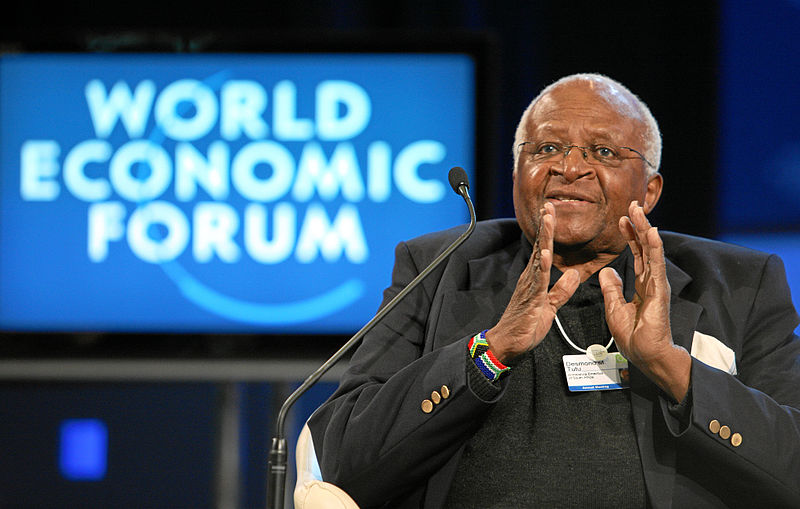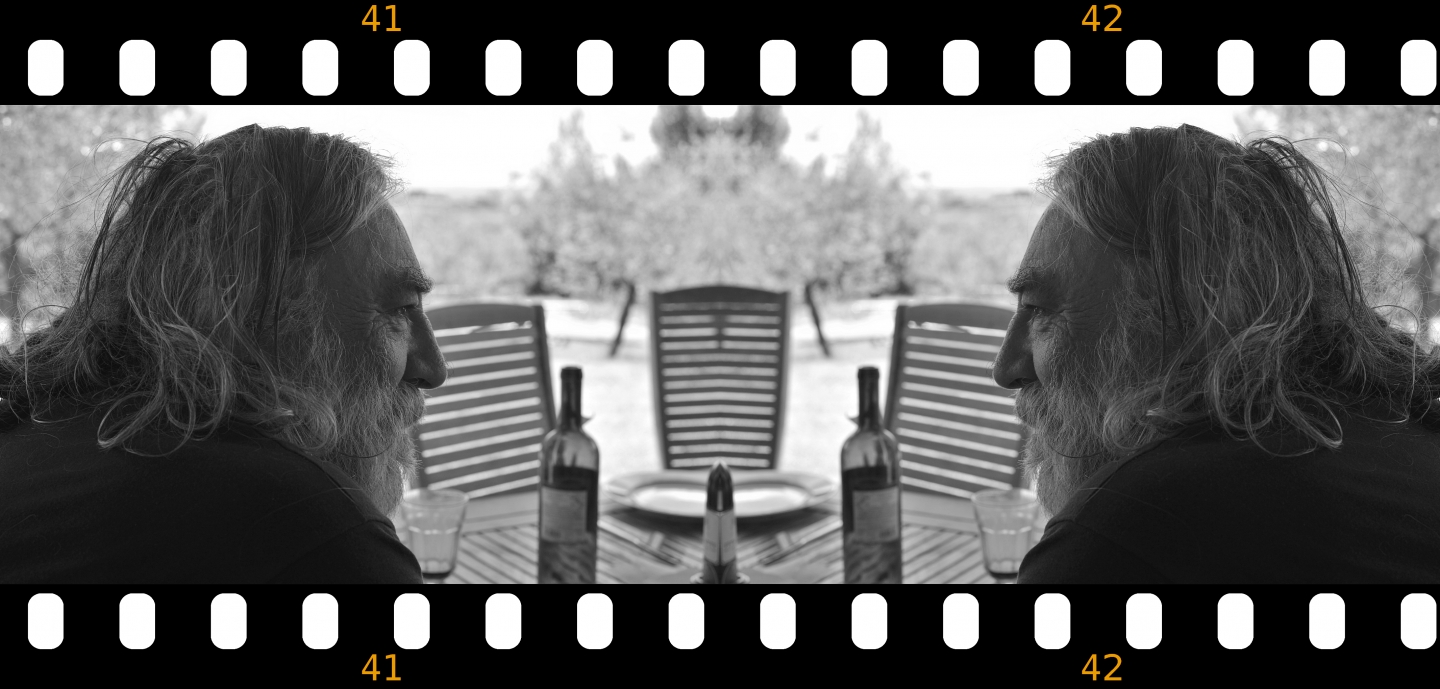2 Sept 2012

I’m disappointed in Desmond. The man we were all so fond of that his very name made academic mediocrity (a 2:2 degree) almost cool.
Why?
Because Bishop Tutu has joined the Blair-bashing bandwagon and called him a liar.
http://www.guardian.co.uk/commentisfree/2012/sep/02/desmond-tutu-tony-blair-iraq
In an article extolling the virtues of moral leadership, the good Bishop presumably means to set an example by suggesting that Blair be “made to answer” for his actions “in the Hague.”
He predicates his attack on Blair on an unsupported supposition: that the suspected presence of WMD was an outright lie. It is as if the notion of this “lie” were a given, and needed no supporting evidence.
You might think that the war was horrible. I do.
You might wish that we had never gone there. I do.
You might feel sickened by every fruitless injury or death or displacement. I do.
You might feel that the 45-minute “sexing up” of the WMD threat was regrettable. I do.
You might wish that Tony Blair had been more of his own man vis-a-vis Bush. I do.
You might wish that Tony Blair had insisted on buying the weapons inspectors more time.
You might wish that Tony Blair had been more open about his desire for regime change.
You might feel angry about, and ashamed of, the whole thing.
But there is no evidence that Tony Blair lied about the suspected presence of WMD. Is there?
I have looked. Have you?
And unless you have evidence that he was lying, it’s an extraordinary – and vile – claim to suggest that he was.
If you are a good, moral, virtuous leader, and you want to demonstrate that by calling for someone to be sent to the Hague and tried for war crimes, you’d better be very sure of your ground.
For my part, I haven’t seen any evidence to suggest Blair didn’t think Saddam had WMD. Shoot me down. Send me the links. I don’t mind being wrong. But I want to be wrong based on evidence, please.
A word of warning: if you’re going to go to sources, please go as directly to the source as you can.
For instance, I’ve seen the Butler report quoted like this:
Intelligence on Iraq’s weapons of mass destruction (WMD) and ballistic missile programmes is sporadic and patchy… From the evidence available to us, we believe Iraq retains some production equipment, and some small stocks of CW agent precursors, and may have hidden small quantities of agents and weapons.
– Joint Intelligence Committee (JIC) assessment on 15 March 2002
This excerpt has been set against an interview in which Tony Blair suggested that Saddam had “stockpiles” of weapons, when the intelligence was clearly talking in terms of “small quantities.” “See?” runs the argument: “He was lying.”
But the source contains an extra sentence:
Intelligence on Iraq’s weapons of mass destruction (WMD) and ballistic missile programmes is sporadic and patchy… From the evidence available to us, we believe Iraq retains some production equipment, and some small stocks of CW agent precursors, and may have hidden small quantities of agents and weapons. Anomalies in Iraqi declarations to UNSCOM suggest stocks could be much larger.
– Joint Intelligence Committee (JIC) assessment on 15 March 2002
Furthermore, the context of the excerpt is:
274. On Iraq’s chemical weapons programme, the JIC reported in Key Judgements to its assessment that:
Iraq may retain some stocks of chemical agents.
and that:
Following a decision to do so, Iraq could produce:
– significant quantities of mustard within weeks;
– significant quantities of sarin and VX within months, and in the case of VX may have already done so.[JIC, 15 March 2002]
This is hardly the source-based evidence that Blair-bashers need when they say he was lying.
When politicians do things in our name with which we violently disagree; when they do it despite clear and overwhelming lack of popular support; when they do it anyway and it all goes wrong in the most horrific way, we want to express our shame, frustration and anger.
We want to show that we are good, loving members of Tutu’s human brotherhood. Built, as he says, for goodness. We want to put a distance between ourselves and what went wrong. We want to show our credentials as well-meaning pacifists. We want to show, especially if we are on the left, that we don’t automatically and naively accept everything that was done by a left-wing party. We’re better, cleverer, and, above all, sorrier than that.
So fierce is the shame, so repellent is the human cost, that it feels easy and uncontroversial to go the next step and call the man in the middle of the mess a liar.
To scream for vengeance, court and criminality.
It’s certainly therapeutic.
But to go down this path without solid evidence – the sexing up of guilt – is not the action of caring, thoughtful, built-for-goodness folk.
For my money, Blair did not lie about the suspected presence of WMD.
And when good people use their currency – Nobel Peace Prize-winning currency, no less – to go along with unfounded supposition, I feel compelled to pipe up.
Desmond: for showing that leadership; for demonstrating that “honesty, morality and love,” it’s a 2:2 I’m afraid.



